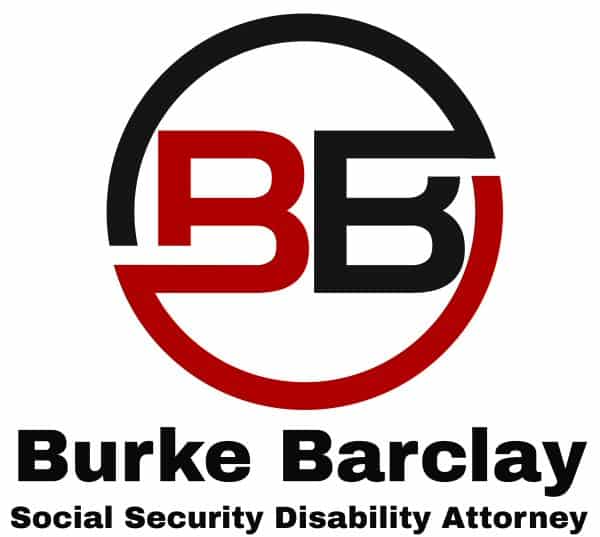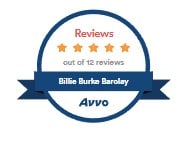You Do Not Have To Be Bedridden In Order To Be Disabled
Many people believe they must be completely disabled in order to receive Social Security disability benefits. Sadly, they go for years in severe pain without realizing they may have a pretty good chance at winning their case.
Case Study:
I’ll give you a good example: A 58- year-old woman, Spanish speaking only, with issues of Fibromyalgia and severe back pain. She has a history of being a maid/housekeeper for the last 20 years and has a GED education. On the surface, it would seem she likely only has about a 50% chance of being approved for benefits, considering the approval rates around the country, but let’s dig a little deeper.
One, most jobs in the United States require a vocabulary of at least 200 English words. There are almost no jobs available in which a Spanish speaking person only would be able to be hired and take direction from a supervisor in a different language. Now, just because a person cannot speak English, this does not automatically mean he or she will be approved for benefits. However, taking all things into consideration, as we will see, the fact that she cannot speak English definitely helps her case.
Two, the Social Security Administration actually favors disabled persons over the age of 50, and the odds of success increase even more for those over 55. Why? -Because, the older you get, the far fewer jobs there are in the national economy you would be qualified for.
Three, we also have to look at what jobs she performed in the past. Here, we know she was a housekeeper for the last 20 years, which means due to her conditions: (1) she would have trouble pushing or pulling anything weighing more than 10-15 pounds; (2) she would have difficulty using her hands for any sedentary desk job (for example); and (3) because of her back issues, she would likely have difficulty standing or sitting for prolonged periods of time and would likely have to alternate between the two.
So, it’s very likely she would not be able to return back to a housekeeping. Therefore, we’re one step closer to showing this claimant as being disabled.
Four, we have to show that there are no other jobs within the national economy she would be capable of performing. In doing so, we look at her education, her age, and what job skills she has acquired through the years to make this determination.
Therefore, we review again: (1) we know that she has a GED, so she would be considered to have a high school education; (2) her job skills seems to be pretty limited. She was a housekeeper for many years and so those skills are likely not going to transfer to some other type of job in which she would be allowed to work at a desk (for example); (3) we know she is now 58 years-old. We also know Social Security tends to approve older claimants because there are fewer jobs available in which they would be physically able to do; and (4) we still have to take into consideration she cannot communicate in English at all.
The result? If you are asking whether or not this claimant is disabled, it’s likely just on these facts alone she would probably be approved. However, remember that in the end it is often a judgment call and oftentimes people who are disabled are classified at not disabled. But, if I had to make a decision, I would say it would be very likely that on these facts alone she would be considered to be disabled.
Now, let’s look at the Medical-Vocational Guidelines…these guys often change a decision.
It’s likely that our hypothetical claimant would be considered only able to do either sedentary or light work, if she could work at all.
Under Rule 201.06, we know that if a claimant is advanced in age, has a high school education that does not provide for direct entry into skilled work, his or her skills are not transferable, then he or she would be considered to be disabled.
Doesn’t this rule fit our claimant exactly?
Now, let’s look at the rule for light work:
Under Rule 202.06, the same conclusion would be determined for a person capable of performing up to light work.
Therefore, under the Medical-Vocational Guidelines, our hypothetical claimant wins again.
So, we can probably safely say that as long as our claimant’s physical conditions are severe enough to disrupt her ability to work and are likely to last a year or more, then she will be approved either under the five-step process we discussed
or under the Medical-Vocational Guidelines.
This is why you do not have to be bedridden in order to be considered disabled.
You Need an Experienced Social Security Disability Lawyer
We represent claimants fighting for their Social Security disability benefits throughout Texas and California. Contact the Law Office of Burke Barclay for a highly experienced Social Security Disability Lawyer in Dallas, Texas
"Experienced Social Security Disability Lawyer representing clients throughout the United States who either need to initially file for their Social Security disability benefits or have been denied at one of the various stages throughout the process to give them the best chances of success."
Business Address
3838 Oak Lawn Ave.
Suite 1000
Dallas, TX 75219
Business Phone
Business Hours
Monday - Friday
8:00 AM - 5:00 PM





